You can't cry when you're already empty
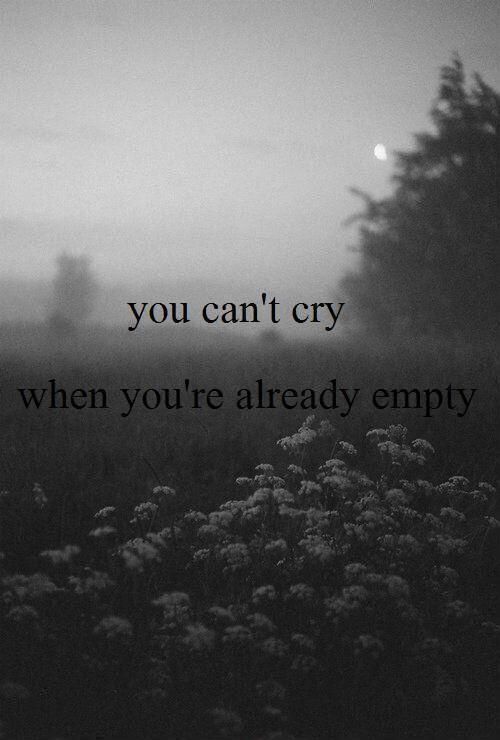
You can't cry when you're already empty
Crying is often seen as a release of pent-up emotions, a way to express sadness, frustration, or even joy. However, the phrase "you can't cry when you're already empty" suggests that there comes a point when a person has exhausted all their tears, when they have nothing left to give emotionally.When someone is truly empty, it means that they have reached a state of emotional numbness or detachment. This could be the result of experiencing intense and prolonged emotional pain, trauma, or loss. In such cases, the person may have cried so much that they have run out of tears, or they may have shut down emotionally as a way of self-preservation.
Being empty can also refer to feeling emotionally drained or depleted. This can happen when a person has been through a series of difficult or challenging experiences that have left them feeling emotionally exhausted. In this state, the person may find it difficult to cry because they simply do not have the emotional energy to do so.
In some cases, being empty can also be a defense mechanism. When a person has been hurt or betrayed repeatedly, they may shut down emotionally as a way of protecting themselves from further pain. This can make it difficult for them to express their emotions, including crying.
It is important to recognize that being empty is not a healthy or sustainable state to be in. It is important for individuals to seek support and help when they are feeling emotionally drained or numb. This could involve talking to a therapist, reaching out to friends and loved ones, or finding healthy ways to cope with their emotions.

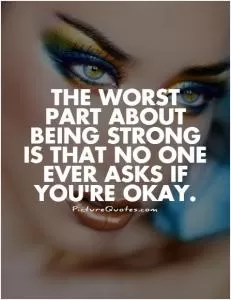

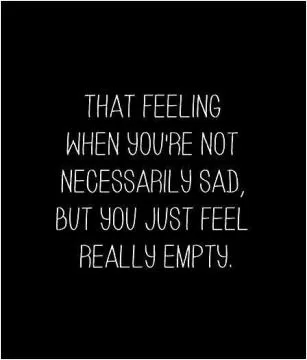
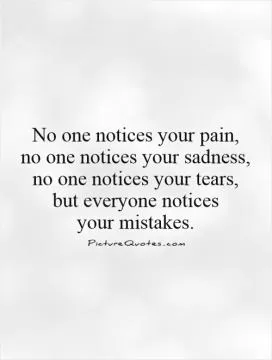

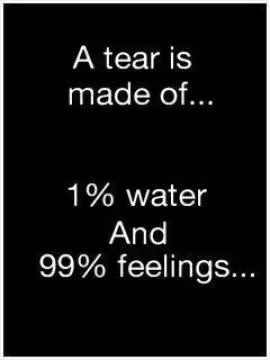

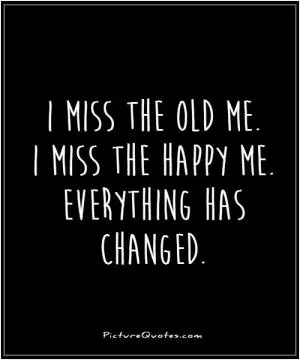



 Friendship Quotes
Friendship Quotes Love Quotes
Love Quotes Life Quotes
Life Quotes Funny Quotes
Funny Quotes Motivational Quotes
Motivational Quotes Inspirational Quotes
Inspirational Quotes